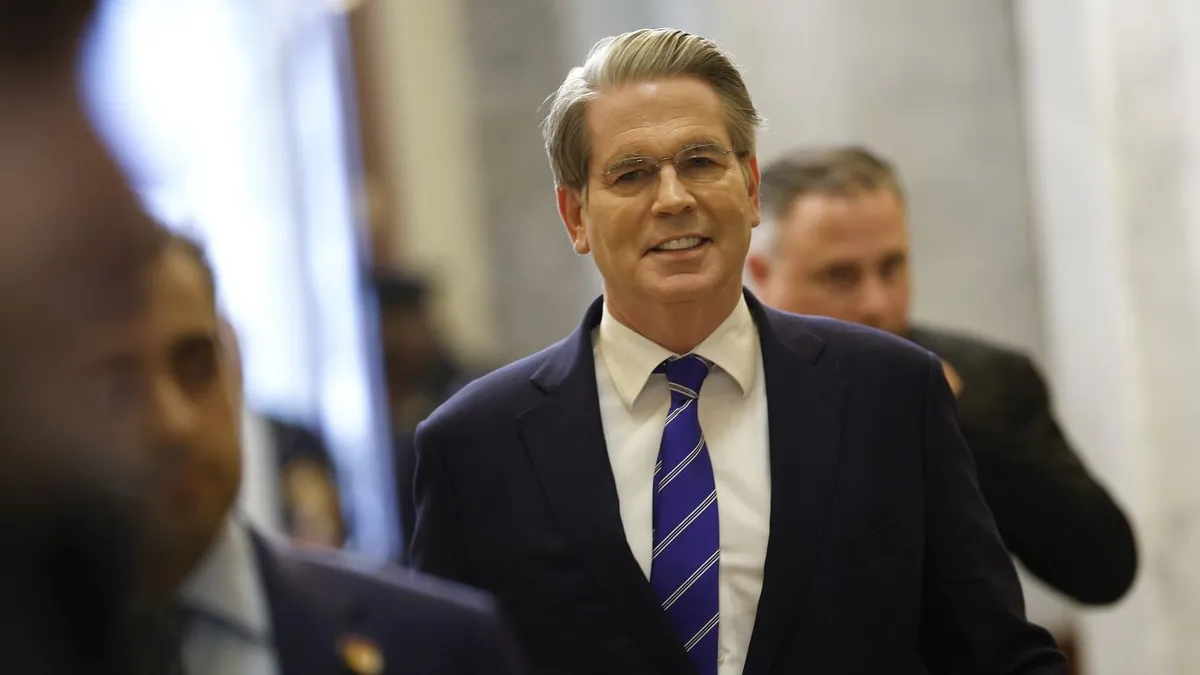
In a recent discussion regarding the implications of Trump's tariffs on the economy, Treasury Secretary Bessent emphasized that the ongoing negotiations had little to do with market fluctuations. His observations shed light on the complex dynamics of international trade and economic strategy, particularly in relation to China's response to the tariffs.
Bessent characterized China's escalation of retaliatory measures as a significant error, suggesting that the country is navigating a challenging landscape. He noted that China appears to be playing with a “losing hand” in the current trade scenario, indicating a broader perspective on the geopolitical consequences of these tariffs.
As the situation unfolds, live updates on U.S. politics continue to reflect the tension surrounding these tariff discussions. Bessent's remarks highlight a critical moment in the relationship between the United States and China, particularly as it pertains to economic policy and international trade.
In a strategic move, Bessent traveled to Mar-a-Lago to convey a crucial message to Trump regarding tariffs. His objective was to emphasize the importance of zeroing in on the endgame of the tariff discussions, reflecting a focused approach to resolving trade tensions while considering the long-term impacts on the U.S. economy.
Bessent's visit to Florida was not just a casual meeting; it was part of a larger effort to advocate for a more calculated approach to tariff policy. By lobbying Trump directly, Bessent aimed to ensure that the administration remains aware of the potential consequences of its trade decisions on both domestic and international markets.
As the dialogue around Trump's tariffs continues, insights from Treasury Secretary Bessent will play a crucial role in shaping the future of U.S.-China relations. With tensions high and markets reacting to policy changes, the need for clear communication and strategic planning has never been more critical.